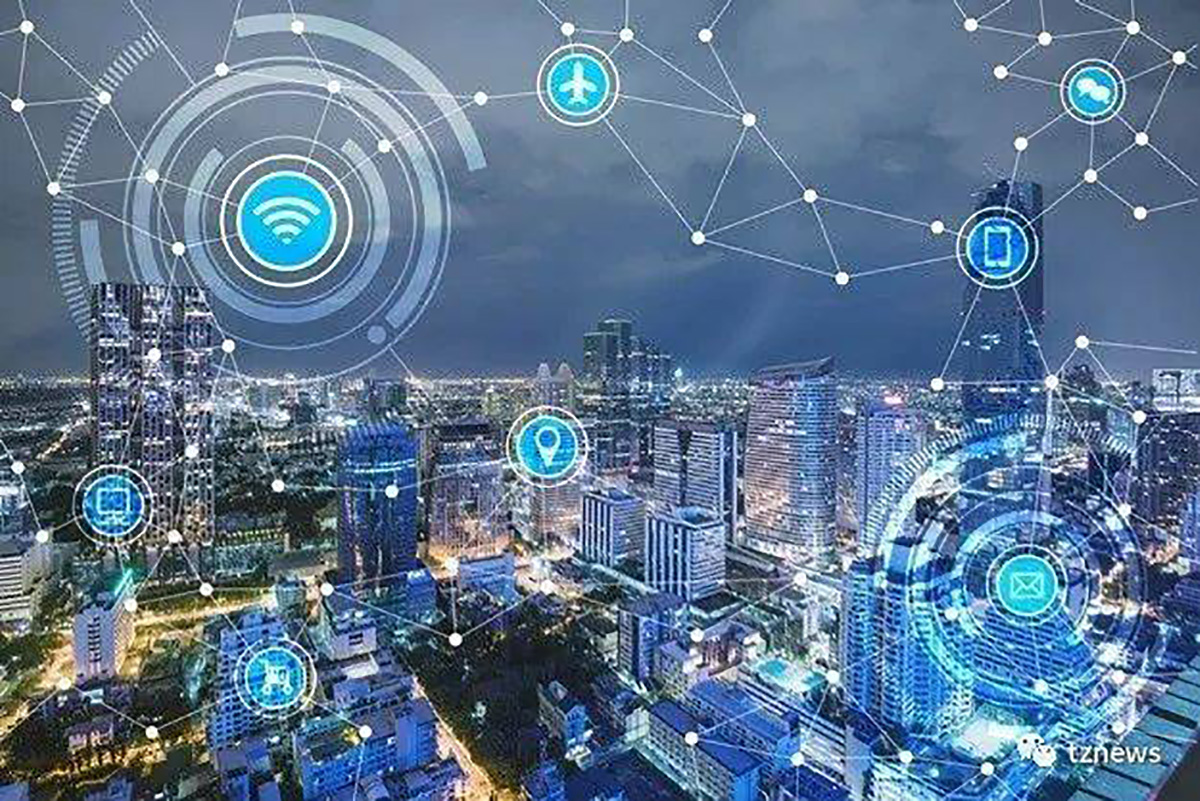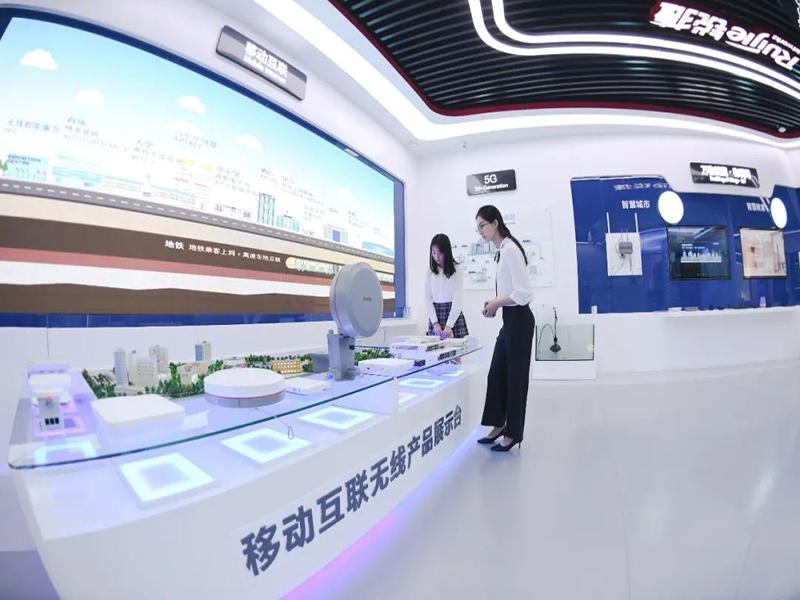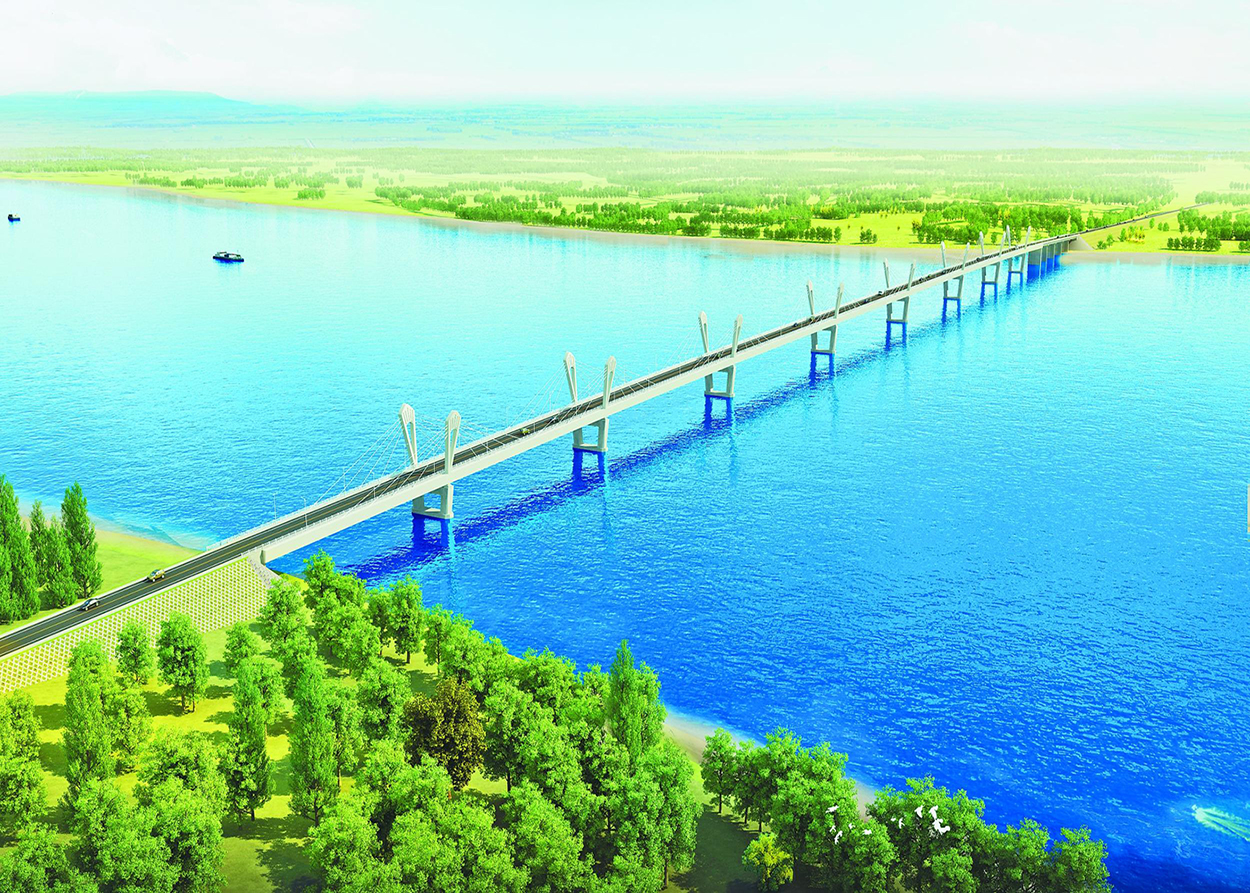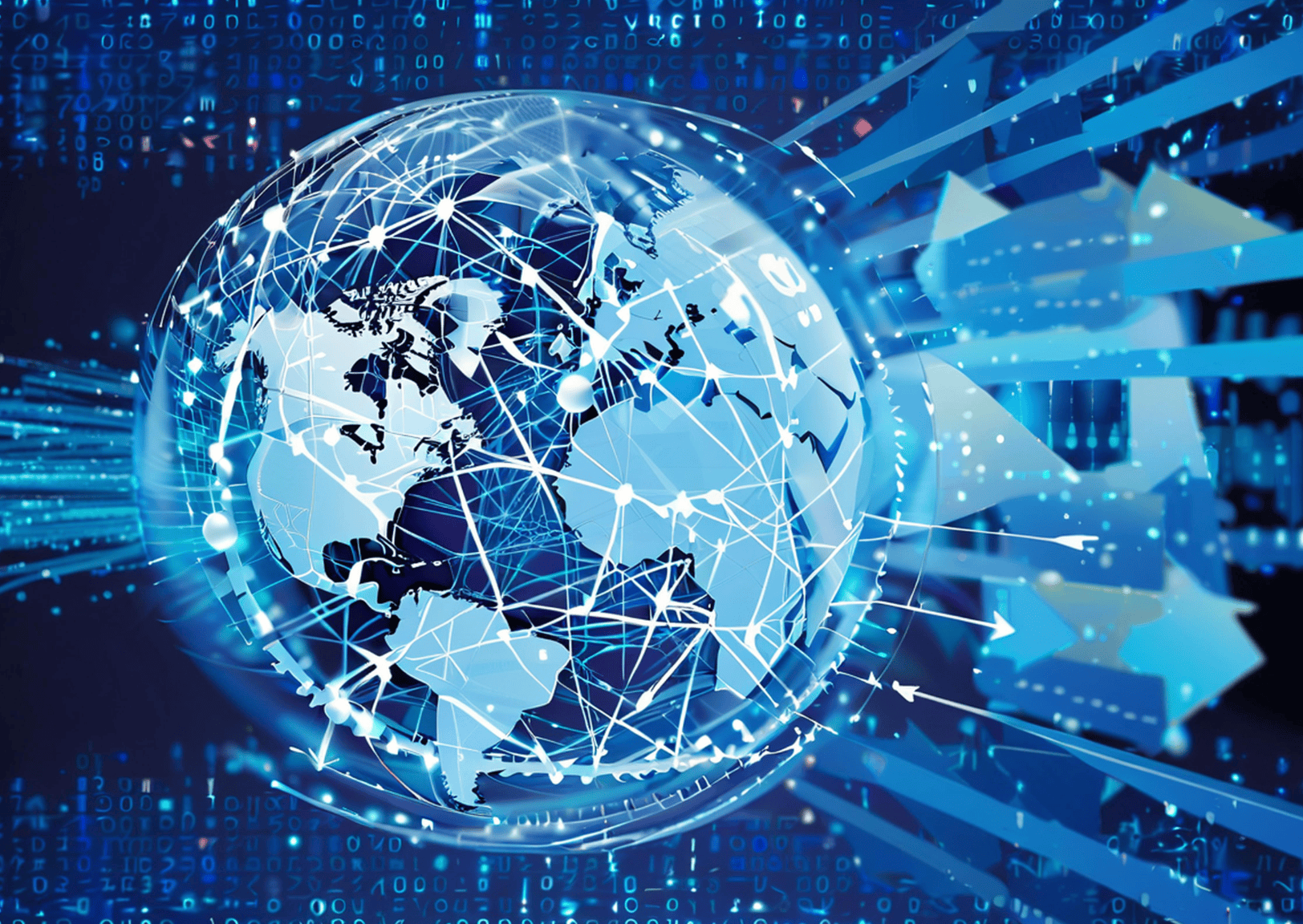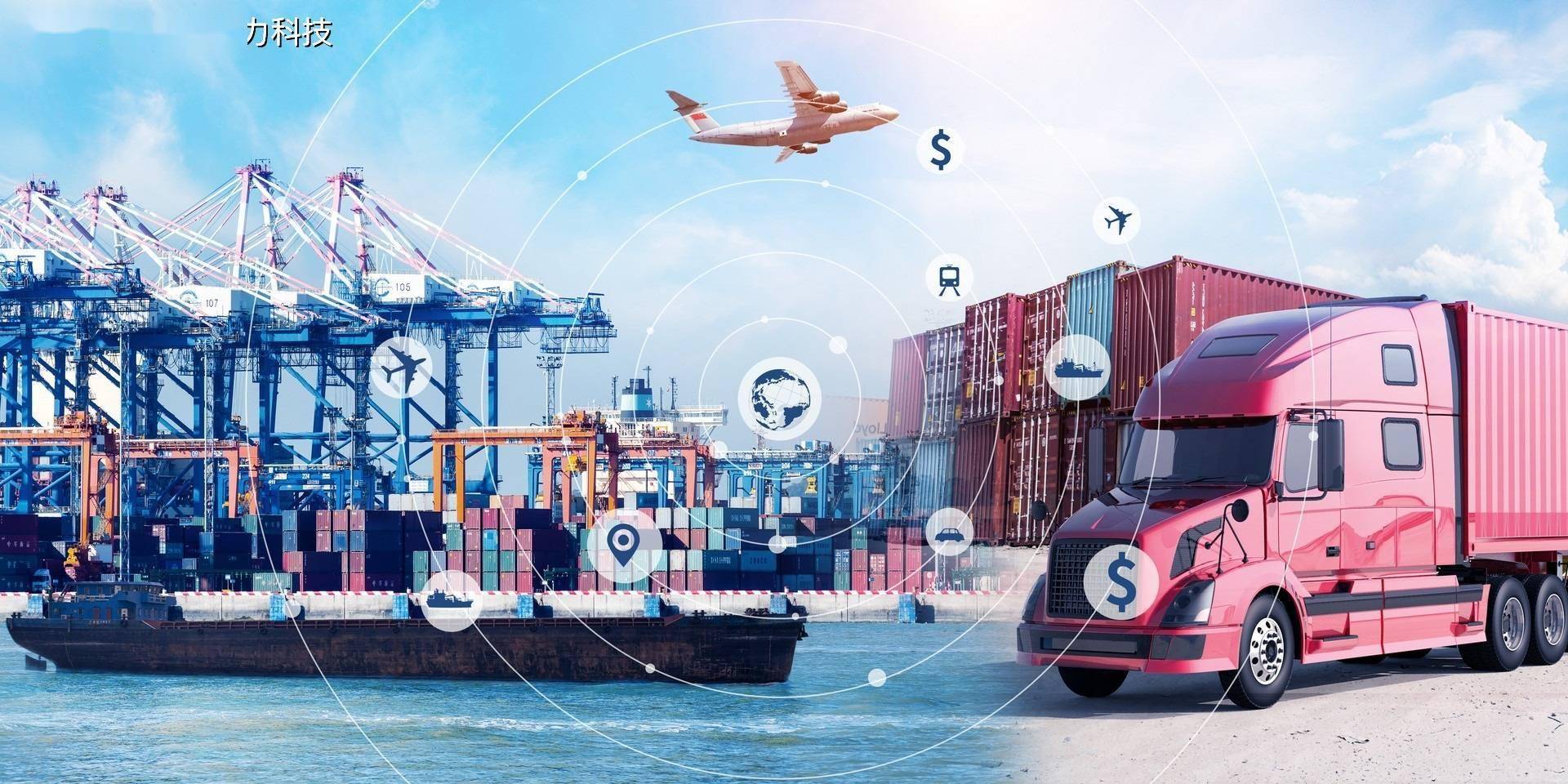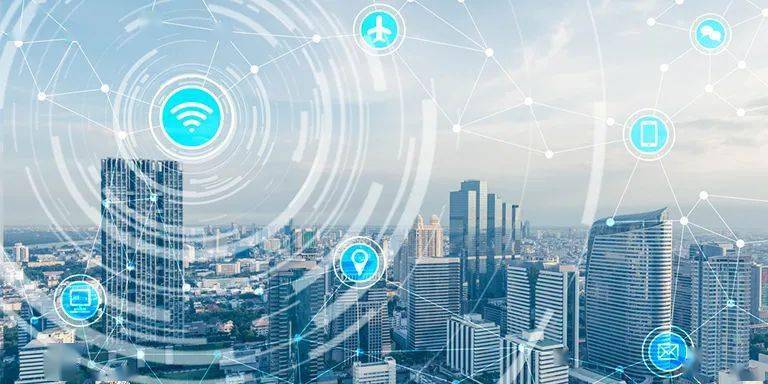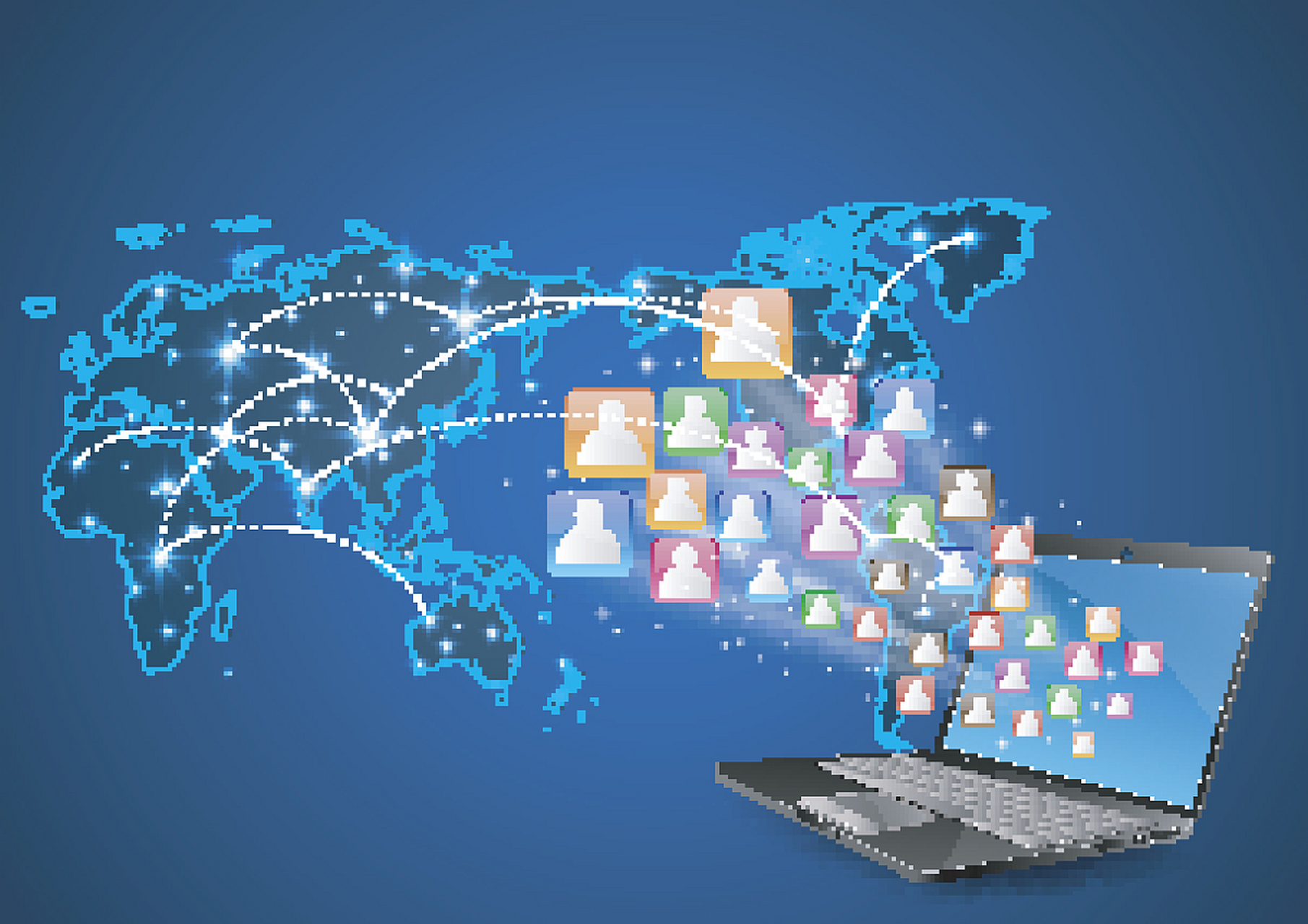1. Promote the industrialization of the digital economy
The "Proposal" establishes a new direction to promote the "industrialization" of the digital economy from two aspects: "Develop the digital economy, promote the industrialization of the digital economy and the digitalization of the industry". On the one hand, we must continue to promote "industry digitalization." The digital economy is a new economic form developed on the basis of the traditional industrial economy and financial economy. It has spawned a variety of new business forms. These new economic forms and new business forms all rely on "digital" production methods. The "digital" production method includes the use of innovative technologies such as big data, the Internet of Things, blockchain, and cloud computing. In terms of production methods, they all have the basic characteristics of "digitalization". This digital production method will continue to accelerate multi-directional, multi-level, and multi-chain penetration into traditional industries, thereby forming "industrial digitalization"; on the other hand, We must continue to promote "digital industrialization." The "Recommendations" clearly stated: "Create an internationally competitive digital industry cluster." After we digitally transform traditional industries, the next thing we need to consider is the formation of a digital industry chain. The formation of digital industry chain and digital industry cluster is an important guarantee for advancing digital industrialization and a necessary condition for enhancing international competitiveness. At present, we are in a period of strategic opportunity to develop the digital economy. To seize the opportunity to develop the digital economy, we cannot rely solely on a few big data companies, but must form a complete digital industry chain and create a clustering effect, so that we can "steadily move forward". In addition, in the process of developing the digital economy and continuously advancing the industrialization of the digital economy and the digitization of industries, the relationship between the digital economy and the real economy must be properly handled. The "Proposal" pointed out, "Insist on putting the emphasis on economic development on the real economy "The "digital economy" often has the characteristics of virtualization, so we must "promote the deep integration of the digital economy and the real economy."
2. Promote the intelligent development of the digital economy
According to the 45th "Statistical Report on China's Internet Development Status" released by the China Internet Information Center (CNNIC), as of March 2020, the number of Internet users in my country has reached 904 million. This has laid a solid user base for the development of my country's digital economy. Overall, the development of the digital economy has passed the "digital-driven" 1.0 era and the "data-driven" 2.0 era, and is about to enter the "intelligent-driven" 3.0 era. In the “digital-driven” era of 1.0, major companies are mainly using IT technology to step onto the international stage. In the “digital-driven” era of 2.0, “platform economy” has become a new economic form. These platform economies are mainly based on "Data" is the raw materials and production tools for production, such as the current Facebook and Alibaba. Their total market value has far surpassed that of traditional enterprises, and the development cycle is shorter, but we are now at a new historical starting point. We are about to enter the 3.0 era of "intelligence driven", and this "intelligence" is closely connected with the new round of technological revolution. With the use of innovative technologies such as artificial intelligence and blockchain, the digital economy driven by intelligence will become the new engine and new kinetic energy of the next economic development cycle.
Promoting the intelligent development of the digital economy constitutes a new development direction, which provides power support for the modernization of my country's governance capabilities and governance system. The Fourth Plenary Session of the 19th Central Committee of the Communist Party of China deliberated and passed the "Decision of the Central Committee of the Communist Party of China on Several Major Issues Concerning Upholding and Improving the Socialist System with Chinese Characteristics, Promoting the Modernization of the National Governance System and Governance Ability". And modernization of governance capabilities". The "Proposal" further pointed out that "strengthen the construction of digital society and digital government, and enhance the level of digital intelligence in public services and social governance." Strengthening the intelligent development of the digital economy is not only an economic undertaking, but also a systematic social project. If we want to improve the level of public services and social governance, we must rely on the intelligent development of the digital economy.
3. Promote the standardized development of the digital economy
We are about to enter the 3.0 era of the development of the digital economy. "Intelligent Drive" has become a new engine for the development of the digital economy, but "Intelligent Drive" is a brand-new driving method, and we must conduct standardized construction and management of it.
One is to establish a basic system and standards for the digital economy. The “Proposal” puts forward, “Establish basic systems and standards for data resource property rights, transaction circulation, cross-border transmission, and security protection to promote the development and utilization of data resources.” In the traditional industrial economy, the raw materials produced are often various “tangible "" resources, such as coal, steel, etc., these resources are consumable and scarce. But in the digital economy, "data" as a "resource" has new features such as intangibility and reproducibility, but these data resources are also extremely easy to be occupied by big data companies for free. Therefore, we must establish corresponding standards and regulations in the production, circulation, distribution, and exchange of "data" to ensure clear property rights, smooth circulation, and security.
Second, basic public information data must be open in an orderly manner. "Data" is mainly divided into three categories, namely personal data, corporate data and public information data. The "Proposal" puts forward, "Expand the orderly opening of basic public information and data, and build a unified national data sharing and open platform." Personal data and corporate data must follow the logic of the market economy to a certain extent, while "basic public information data" must follow the logic of "sharing", because it is related to the general interests of the people, and only the realization of these public information The orderly opening of data can build a new pattern of open and shared digital economic development.
Third, to ensure data security. The "Recommendations" put forward clear requirements for "data security" from two aspects: "guarantee national data security and strengthen personal information protection." The opening and sharing of public information data is an important guarantee for building a new pattern of digital economic development. Because the data itself has characteristics such as reproducibility, when we process personal data and public information data, we must not only pay attention to the sharing of data, but also do a good job in information security protection. This protection includes both technical protection , Also includes legal protection such as property rights and privacy rights.
Fourth, promote the international development of the digital economy
China is already a big country in the digital economy. The "Recommendation" puts forward, "Actively participate in the formulation of international rules and standards in the digital field." Only by actively participating in the formulation of international rules and standards for the digital economy can we have more initiative and voice. At present, my country's level and ability to develop a digital economy has achieved an international leading position, but the internationally accepted Internet governance rules are dominated by some developed countries. Especially in recent years, phenomena such as "reverse Internetization" and "reverse globalization" have gradually appeared, which also shows that the traditional Internet governance rules need to be updated urgently. Especially in today's digital economy development, the international community is calling for changes to the status quo, The voice of establishing a new governance mechanism is getting louder. We should grasp this rare historical opportunity, actively increase the enthusiasm and initiative to participate in the formulation of international rules for the digital economy, and grasp the timing and focus, especially in the governance power, security configuration, boundary setting, and rules of procedure of the digital economy. On core issues, we put forward our own core propositions, adhere to multilateral consultations and negotiations, follow the principle of gradual participation from the region to the world, from the periphery to the center, and seek breakthroughs in certain areas.
[This article is the phased result of the 2020 Sichuan Provincial Social Science Planning Project "Digital Labor Research from the Perspective of Historical Materialism" (SC20C008)]
(Source: School of Marxism, University of Electronic Science and Technology of China)

